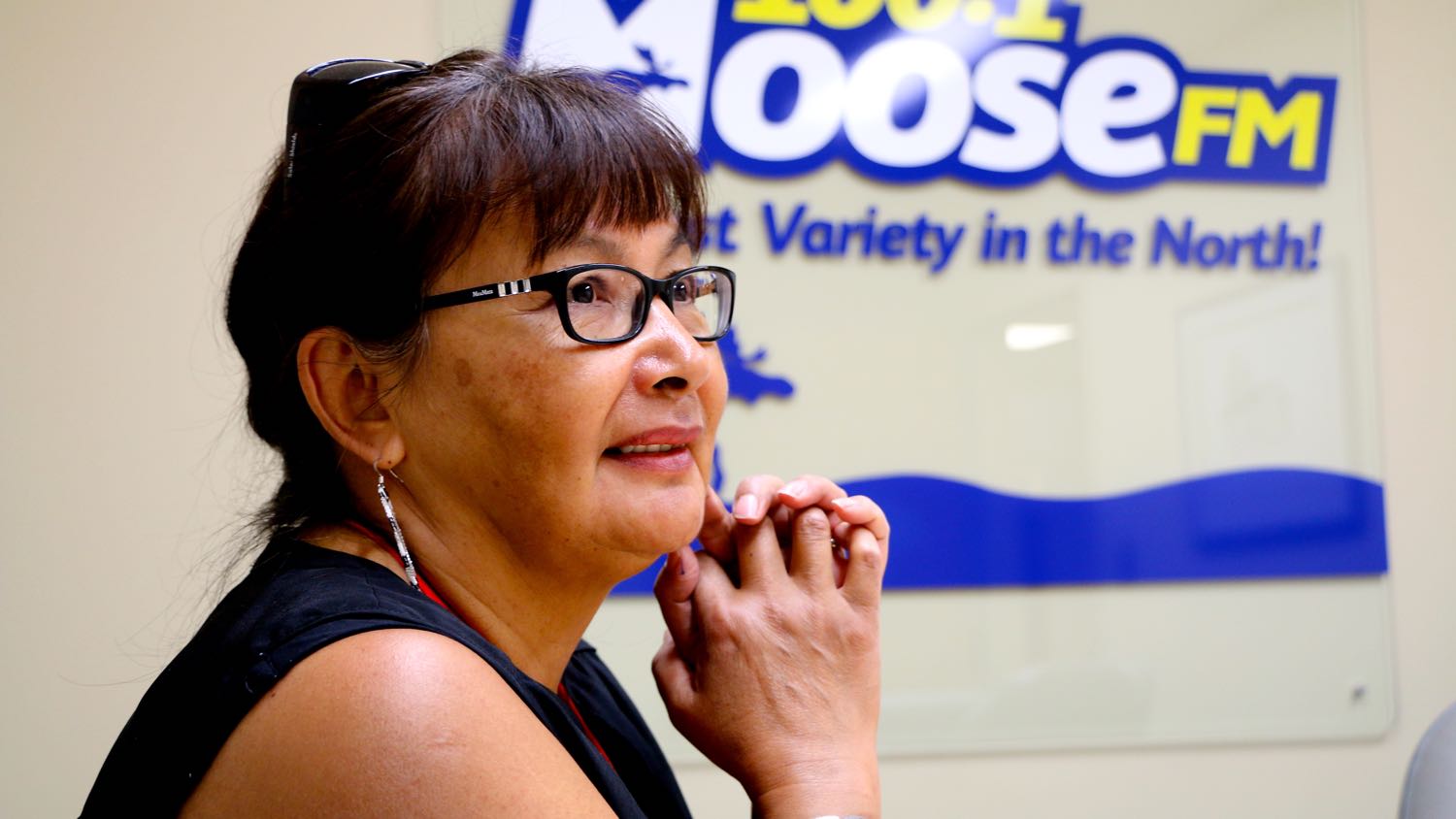The first-ever Aboriginal educators’ symposium took place in Yellowknife last week – and heard a call for change in Aboriginal teaching.
There are currently 682 teachers in the Northwest Territories, of whom 108 identify as Aboriginal.
Denise Kurszewski was one of the panellists at the symposium. Born in Inuvik, she is the superintendent of nine schools in the Beaufort Delta region.
Kurszewski says the number of Aboriginal teachers in the territory is “nowhere near where it should be” but she believes things are starting to change. Her priorities include introducing mandated training in indigenous culture and history for all Canadian teachers, alongside improving the supports for Aboriginal educators.
Here’s what she told us after attending the symposium.
Right now there’s a movement toward indigenizing education.
This symposium was a wonderful opportunity to have our voices heard and also give advice and direction. Provincial and territorial education ministers are committed to working toward improving education for Aboriginal students.
There is an achievement gap between Aboriginal and non-Aboriginal students. The Truth and Reconciliation Commission just came out with its recommendations and we have to realize inter-generational trauma does exist. There are ways to improve the system, for sure.
There’s a need for all educators to understand the history and culture of indigenous people across the country. There needs to be a mandated program for all educators entering the system in Canada so they do have some background knowledge on the people they are working with.
We also want to be able to infuse traditional cultural knowledge into the curriculum today. We need to have our own people working in that area.
How convinced am I that these things will happen? I have trust, and I have hope. Without that I wouldn’t be here.
Read: The bus ride – residential school healing at Mildred Hall
But there are challenges on many levels.
For example, we heard that Aboriginal people coming back to their communities after training as educators sometimes face lateral violence directed toward them – maybe because they are a professional, or for other reasons.
There is a lot of gossip, a lot of nepotism and other things people have to face. We need to help them through that process, mentor them and give them encouragement as well.
One of the first things I think we can look at is the recommendations of the Truth and Reconciliation Commission, in understanding and having empathy as to why our communities and people are the way they are.
This is not our normal way of being. We have very honourable lives for the most part and, when there is dysfunction, that’s a symptom of something a lot deeper. We don’t want to paint that picture that this is all we are.
Official site: Aboriginal Educators’ Symposium 2015
Our students are very knowledgeable on the land, they still hunt, they still fish, they still practise a lot of the traditions. We want to validate that. It’s my ultimate hope that they can succeed in the academic world while their own traditional ways and language are not forgotten.
Out of 682 teachers in the NWT, currently 108 identify as Aboriginal. So it’s not anywhere near where it should be but I think it’s a start.
In our region for this coming year alone, we have seven northern Aboriginal grads coming back with Bachelor of Education degrees. That’s very promising for us and I think it’s up to all of us to inspire, motivate and help other people into that profession.
Denise Kurszewski was talking to Moose FM’s Ollie Williams.




